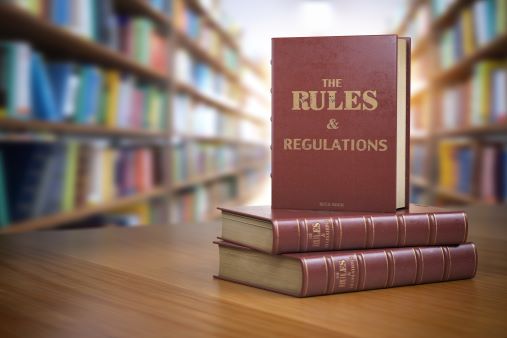Employers who are facing wage and hour lawsuits which include a Private Attorney General Act claim would be happy to know that on December 29, 2017, an appellate panel determined that any plaintiff who settled his/her individual claims is subsequently barred from continuing with a claim under PAGA. The Labor Code Private Attorneys General Act (PAGA) authorizes aggrieved employees to file lawsuits to recover civil penalties on behalf of themselves, other employees, and the State of California for Labor Code violations.
A three-judge panel for the California Court of Appeal for the Second Appellate District affirmed a 2016 ruling issued by Judge Kenneth R. Freeman of Los Angeles Superior Court that awarded summary judgment to Reins International California Inc. on PAGA claims brought by employee Justin Kim, who had previously settled his individual wage and hour claims against Reins. Kim filed a lawsuit against Reins alleging that the company misclassified its current and previously employed training managers as overtime-exempt management employees. Among Kim’s various claims, he alleged that the company failed to provide legally required rest and meal breaks and didn’t provide proper wage statements. As part of Kim’s lawsuit he also brought claims under PAGA.
Subsequently, most of Kim’s claims were sent to arbitration, his class claims were dismissed, and his PAGA claims were stayed until the conclusion of the arbitration. Before the arbitrator issued his ruling, Kim decided to settle and agreed to a payment of $20,000 plus attorney’s fees to resolve his individual claims. At such time, Reins moved for summary judgment on the outstanding PAGA claims and Judge Freeman granted it after concluding that Kim could no longer be viewed as an aggrieved employee under PAGA because his individual claims were dismissed with prejudice. Furthermore, Judge Freeman invited the parties to appeal his ruling, and even stated that such an appeal would “educate us all on what we should do in the future.”
The appeal commenced, and in December the three-judge panel affirmed Judge Freeman’s decision and agreed with his definition of the term “aggrieved employee” as meaning anyone working for an alleged violator who had at least one alleged violation committed against him. The panel stated that “[w]e hold that where an employee has brought both individual claims and a PAGA claim in a single lawsuit, and then settles and dismisses the individual employment causes of action with prejudice, the employee is no longer an ‘aggrieved employee’ as that term is defined in the PAGA, and therefore that particular plaintiff no longer maintains standing under PAGA.”
The panel further said that Kim’s settlement was essentially an acknowledgement that he no longer had any feasible claims under the California Labor Code against Reins, and as such he could no longer be deemed to be an aggrieved employee for the purposes of PAGA claims. The panel also noted that while Kim no longer had standing as a PAGA representative, any other aggrieved employee who is similarly situated to Kim could still assert their PAGA claims. Kim plans to appeal his case to the California Supreme Court.
However, in the meantime, California employers should take note because this decision throws a big wrench into plaintiffs’ lawyers approach to PAGA claims.













